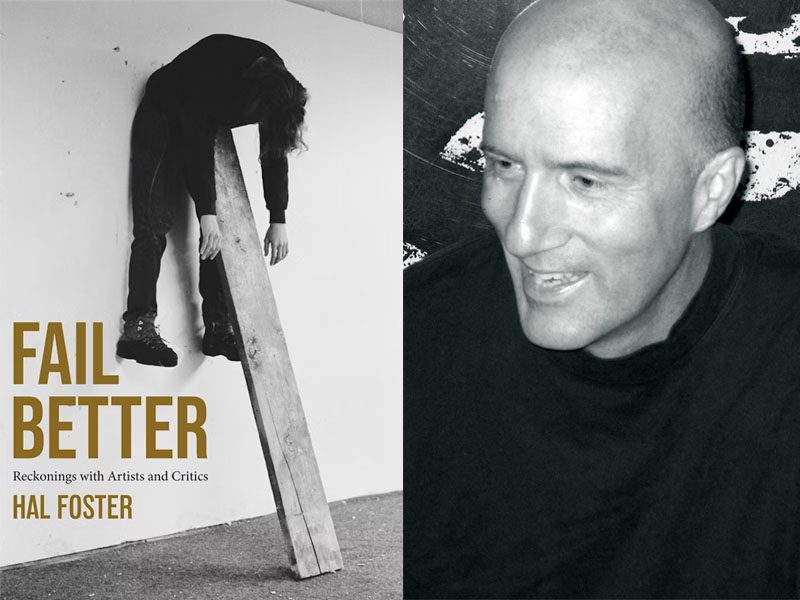Hal Foster is the Townsend Martin, Class of 1917, Professor of Art and Archaeology. His latest book “Fail Better: Reckonings with Artists and Critics” was published in February 2025 by MIT Press.
How did you get the idea for this project?
I have written art criticism since I graduated from Princeton in 1977. I thought it was time to look back, to reckon once again with the artists and the critics that have meant the most to me over the last five decades.
How did the project develop or change throughout the research and writing process?
My critical project has remained consistent over the years. Already by the 1980s, ambitious work in art history was divided between semiotic and social-historical approaches. This was never an either-or for me: I have always focused not only on how an artwork signifies but also on what it says about the conditions that prompt it––on the historicity of the ideas embedded in the practice. For me that is the best way to address what Roland Barthes once called “the historical responsibility of forms,” to come to terms with an art practice and its moment in one go. That said, the valence of particular terms in art and criticism has changed dramatically over the last fifty years––terms like the body, the site, the image, the real, the aesthetic, and the critical. I track these changes in this book.
What questions for future investigation has the project sparked?
Is criticism really as defunct as so many of us seem to think?
Why should people read this book?
The short answer is: Who doesn’t want to fail better? The long one is: This is a book of essays, and essays are only attempts, more or less failed. Critics fail in the sense that they can only offer a limited reading of an art practice, and artists fail in the sense that they can never resolve the contradictions that prompt them to make art in the first place. Yet these very failures also reveal these limitations and contradictions, and in this flash of consciousness failure can count as success. Almost.
Learn more about other publications by Princeton University faculty in the humanities by exploring our Faculty Bookshelf.
















